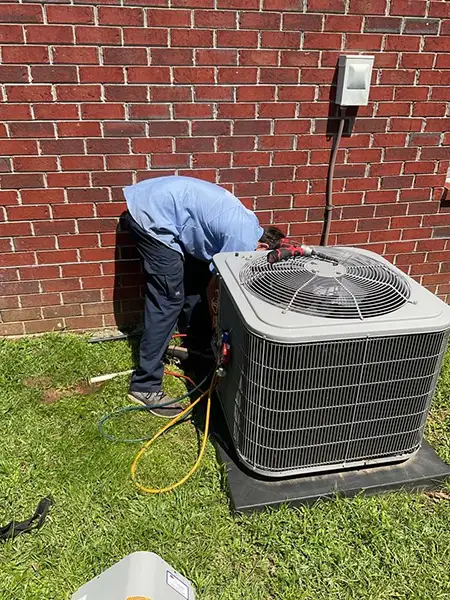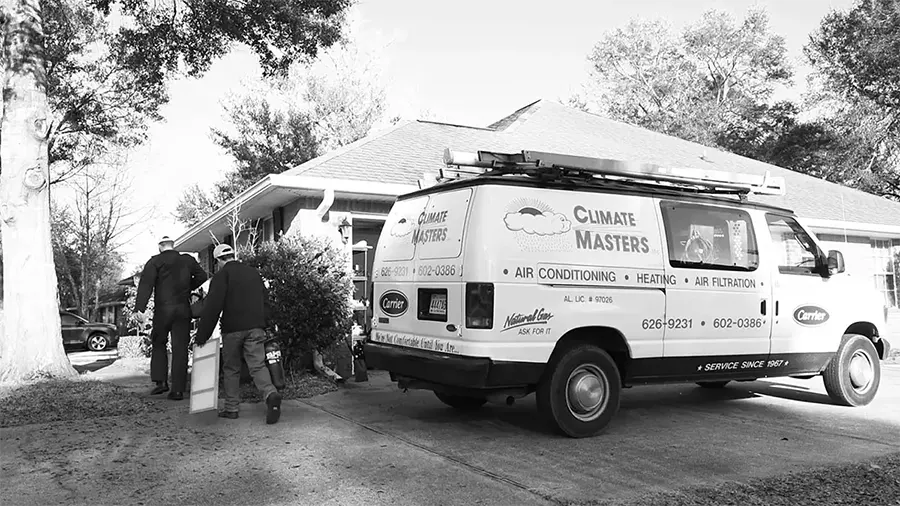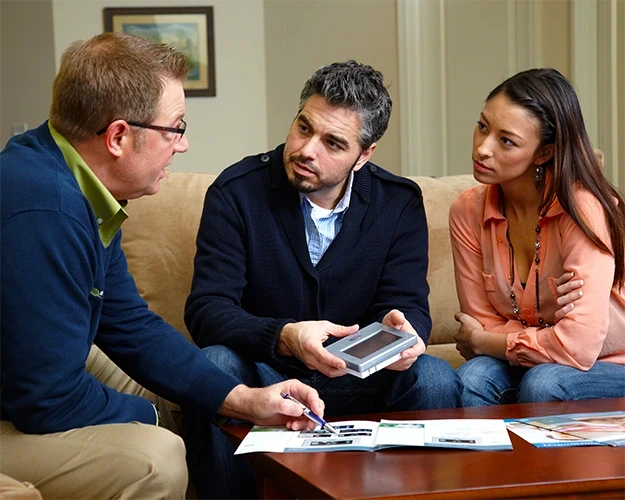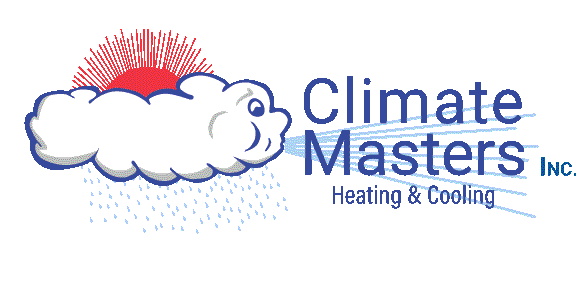
Climate Masters was founded in Spanish Fort in 1967 and continues to be the quintessential service for AC repairs in Baldwin county. We have provided air conditioning repairs and HVAC system installations for thousands of customers along the Eastern Shore.
With the fickle weather patterns of Southern Alabama, a durable air conditioning system is a necessity. Issues like refrigerant leaks and broken fan motors are no challenge to us. You can be confident that choosing Climate Masters for your HVAC system repairs guarantees the most exceptional service in Spanish Fort.
We prioritize stellar customer service and a work quality that speaks for itself. Our goal is to bring the best heating and air conditioning maintenance to our customers so their systems can get back in working order.



